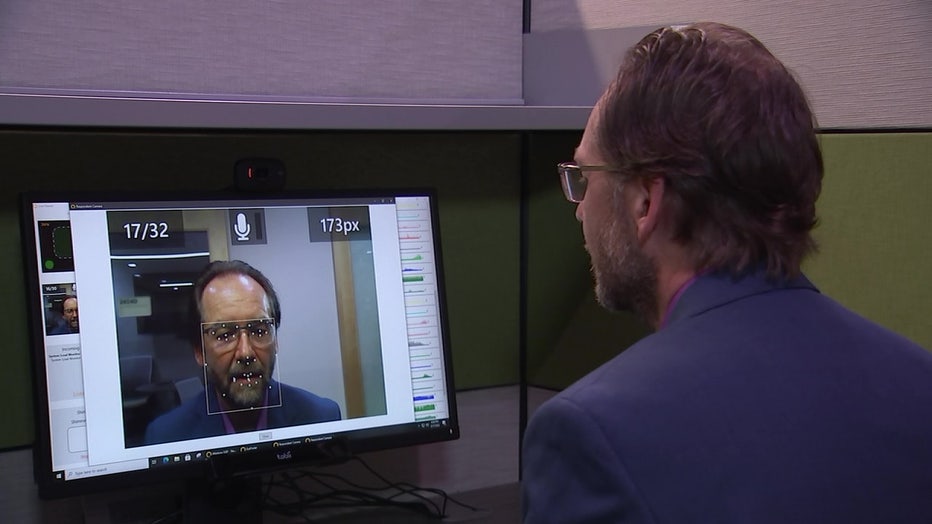USF researchers pivot projects after scammers spoil study
TAMPA, Fla. - Scammers find a way to dupe people in new ways all the time, and now they’re targeting online research surveys that pay you to participate.
Some business researchers at the University of South Florida tried to do a study testing an anti-tobacco campaign when they discovered more than 40 percent of the data was fake.
The study used facial recognition technology to record facial expressions for how people responded to the public service announcements. The survey of responses would usually take place in person, but the study began in 2020 and was forced to move online during the COVID-19 pandemic. So people logged onto computers at home, and some scammers tried to be clever to beat the system and get the money promised for participating.
"We had people who were uploading stock images from the internet, just a static photo as opposed to having their faces recorded, and that was despite the fact that we said in the form for the research that we were going to check for quality before you were compensated," said Rob Hammond, the director for Center of Marketing and Sales Innovation at the USF Muma College of Business. "Six out of the 12 public service announcements we looked at changed order when we removed the deceitful behaviors."
Having so many fake responses in the study messed up the researchers’ original work.
"We were concerned about it thinking, ‘What are we going to do? But then we started thinking about it, well what are the ramifications of that bad data?" said Hammond.
So they turned it into a new project, looking at the impact of fraud on online surveys that are paid for participation."I think it’s a classic case of lemonade out of lemons right," said Hammond. "We were only able to do this because we had video recordings, and we were using this facial expression analysis model.

Most surveys don’t have that benefit. So you’re really left as a researcher for looking for insufficient or careless effort, where people straight line their answers [for example] like they answer 3s to everything all the way down."
The new study found implications to fraud in compensated online surveys beyond academics, reaching political ads, products, branding and more. They found that even using recruit groups of people from companies had about 11 percent of people lying about their responses. Hammond said they found some people had a tell if they were lying about a response, and the face-mapping technology picked up on that. Scammers or fake responses could impact the future of online surveys as more surveys move online, researchers said.
So researchers included takeaways and recommendations, urging others to understand the interest in the topic, check the quality of their data and restrict access to compensation in surveys before it costs them.
"Think about the implications for someone who has limited funds. You can only run the ad one time, you want to run the best possible ad that you can," said Hammond.
USF researchers ended up publishing two studies instead of one, and both are in the Social Marketing Quarterly journal that went to print last week. They salvaged the genuine responses from the original study along with the new study on the fraudulent responses.


